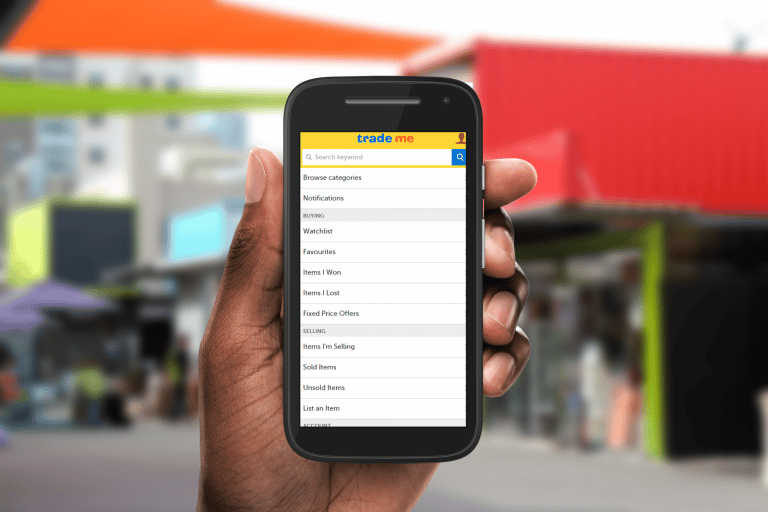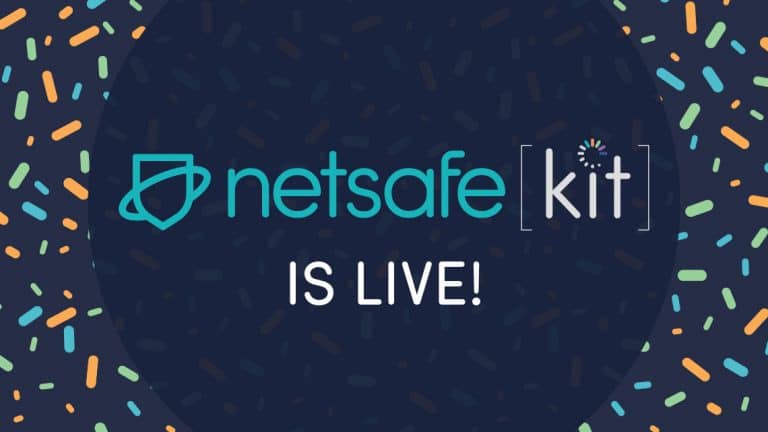Understanding fake news in NZ
Netsafe has undertaken a New Zealand first survey to better understand the awareness towards false and misleading information. As the survey reveals most people have experienced fake news, we have created the Your News Bulletin to help educate people on how to spot it. What did Netsafe’s survey reveal? Netsafe’s survey revealed Kiwis are getting caught…

Netsafe has undertaken a New Zealand first survey to better understand the awareness towards false and misleading information. As the survey reveals most people have experienced fake news, we have created the Your News Bulletin to help educate people on how to spot it.
What did Netsafe’s survey reveal?
Netsafe’s survey revealed Kiwis are getting caught up on what’s fact and what’s fiction with 52 percent admitting they have fallen for fake news, mostly due to misleading articles or headlines.
Other insights include:
- Ninety-three percent have heard of the term ‘fake news’. Fake news is largely understood to mean lies, hoaxes, misleading or sensationalised headlines or information that is inaccurate.
- Nearly half (48 percent) of respondents are concerned about mistakenly spreading it and 14 percent mention seeing misleading stories related to COVID-19.
- Eight in 10 Kiwis recall seeing fake news on social media, 52 percent have seen it on NZ online news sites, 40 percent in print newspapers and one in three think they have seen it on NZ television.
- Three-quarters of the population are confident in their own ability to identify fake news, but many are worried that family members (like their children or parents) won’t be able to able to identify or will mistakenly share fake news.
- There is a generational divide too with young people thinking older people are more likely to fall for fake news and vice versa – 72 percent of young people believe older people are likely to believe in fake news and 66 percent of people aged over 50 think young people will believe in fake news.
- When it comes to the political process, fake news and misinformation is seen as an issue in other countries, with seven in 10 agreeing it has a negative effect on overseas elections, and also in New Zealand, with just under six in 10 thinking it will negatively impact the 2020 General Election.
- A quarter of respondents also think fake news means opinions or political information they don’t agree with.
Why is fake news important?
Variances in digital literacy and the ease in which malicious content can spread means there has never been a greater need for people to develop critical thinking skills.
People can be confused or misled about what they see or read which can impact on people’s learning and wellbeing if they start to feel anxious about something. More concerning is that some fake news is either deliberately hateful or aimed at people in minority groups which can have offline consequences.
What is Your News Bulletin about?
It can be hard to know where to get started when looking for advice on how to avoid fake news. This why Netsafe has been supported by Facebook to create an education campaign to help people spot and tackle misinformation.
The new campaign Your News Bulletin includes a series of light-hearted videos depicting a newsroom with presenters reporting fake news that will be released on traditional and social media.
The Your News Bulletin ‘presenters’ use tactics like clickbait, misleading headlines, satire and much more to try to lure people into going to yournewsbulletin.co.nz. Once there people can test their knowledge, learn techniques and use the resources to have conversations with family and friends.
WHAT’S NETSAFE’S ADVICE?
Here are Netsafe’s tips to tackle fake news:
- Understand the context: Information is presented to you everywhere. Check where the original story appeared and who is promoting it. Find out if the source is credible before sharing it.
- Check the facts: Fake news often contains incorrect details, unreliable sources or altered timelines. You can often research and cross reference key facts with a simple web search.
- Understand the subtlety: Sometimes real information can be distorted to become fake news. Be especially wary of image or video descriptions that might be misrepresenting what is happening in them.
- Compare other sources: Every news source has its limitations. When news is important, it’s hard to contain. If you can only find it in one place, you should be cautious. Check the differences between similar reports to understand the facts before sharing it.
- Know your biases: We quickly and subconsciously accept news that aligns with our beliefs and negatively react to information that is different. It’s important to take time and reflect on how news is making you feel before reacting or sharing.
- Stop the spread: You can minimise the spread of misinformation by reporting fake accounts, or pages and domains repeatedly sharing misinformation using the Help Centre on the social media platform you are using.
- Use trusted sources: Netsafe is advising people wanting the most accurate health information about COVID-19 to rely on the Ministry of Health, covid19.govt.nz or Hāpai Te Hauora websites.
MORE INFORMATION
If you’re looking for sites to fact check content with you can also use any of the ones listed below:
- Health Navigator is a source of health information for NZ.
- This UK based website is a helpful source of information about illness and treatments for all countries
- The Cochrane Library is a reliable independent source of research on health treatments, with plain language summaries
- AFP New Zealand is a global fact-checking organisation
- Poynter hub is the database that gathers the falsehoods that have been detected by the CoronaVirusFacts/DatosCoronaVirus alliance
CONTACT NETSAFE
If you’re concerned about the immediate safety of you or someone else, please call 111. If you want help or expert incident advice, you can contact us. Our service is free, non-judgemental and available seven days a week.
- Email [email protected]
- Call toll free on 0508 NETSAFE (0508 638 723)
- Online report at netsafe.org.nz/report
- Text ‘Netsafe’ to 4282
KEEP UP TO DATE
Follow us on social media and sign up to our enewsletter for alerts, news and tips.







